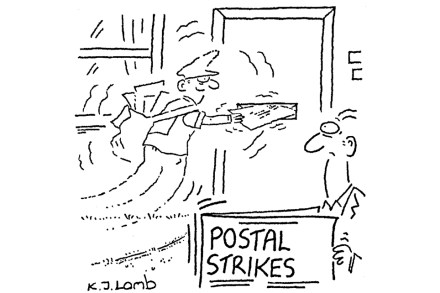The best Ukrainian restaurant you will find: Mriya reviewed
Mriya lives at the end of Old Brompton Road where South Kensington turns into Earl’s Court and, as if by some alchemy, becomes interesting. It is a Ukrainian restaurant, but something more touching too: a memorial and a retreat. It opened in August, in the sixth month of Putin’s war. Twelve of its 15 staff are displaced Ukrainians and their stories are common immigrant stories of renewal and loss. The kitchen porter is a mathematics teacher, the waiter is an English teacher, and the chef, Yurii Kovryzhenko, is one of the most famous in Ukraine. Mriya is the name of the largest cargo aircraft ever built, designed by Ukrainian engineers,




















